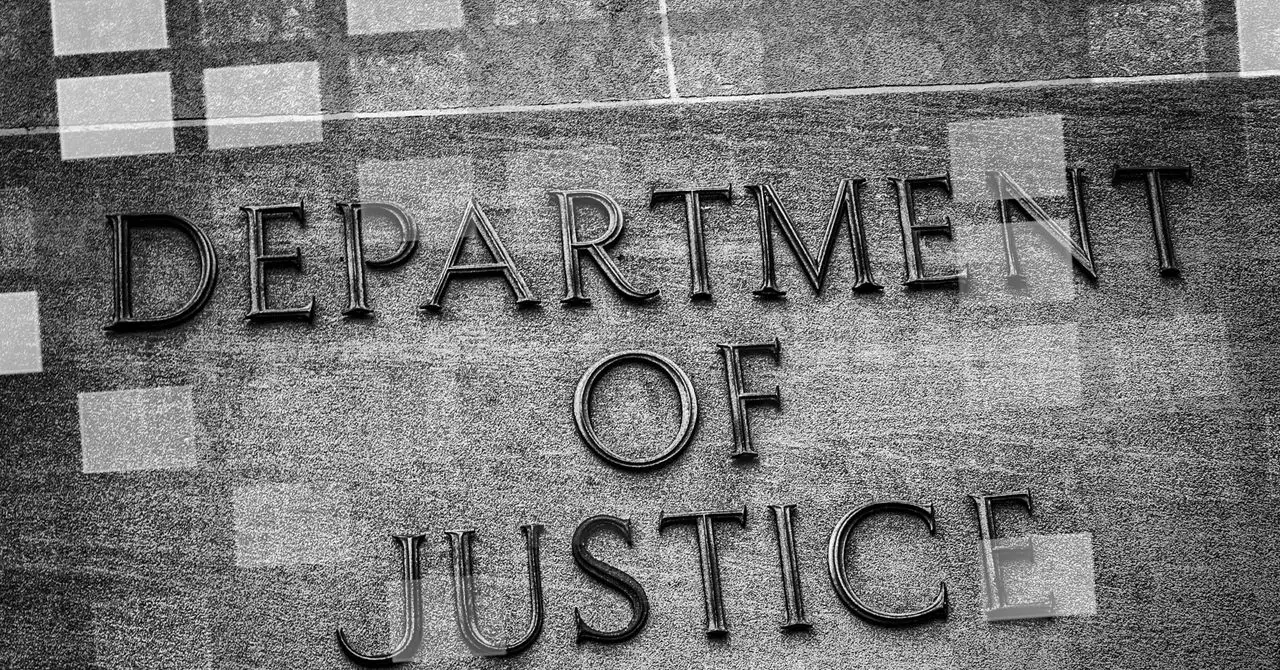The upcoming legal proceedings against Storm and the associated Tornado Cash project mark a critical crossroads in the evolution of decentralized finance (DeFi) and digital privacy rights. This case isn’t just about an individual or a particular piece of code; it symbolizes the broader struggle to define the boundaries between innovation and regulation in the rapidly expanding world of cryptocurrencies. At its core, the dispute challenges ideological notions of decentralization, privacy, and personal responsibility—raising fundamental questions about how law applies to open-source financial tools.
This trial threatens to set a precedent that could, knowingly or unknowingly, sideline the very principles that fueled the initial crypto revolution. Supporters see Storm as a technologist boldly pushing the boundaries of privacy and individual autonomy, while prosecutors argue that his work facilitated illicit activities on a grand scale. This polarized narrative reflects a deeper tension: Should innovative software developers be held accountable for the misuses of their creations, or does responsible use hinge on user discretion? As the case unfolds, the courtroom may become a battleground over how far legal frameworks should extend into the realm of open-source software and privacy-enhancing technologies.
Bridging the Gap Between Law and Blockchain: Complex Legal Arguments
The legal charges leveled against Storm focus heavily on whether Tornado Cash was operated with malicious intent or simply as a tool for private transactions. Prosecutors contend that Storm, by effectively functioning like a money transmitter, had a legal obligation to abide by Know Your Customer (KYC) regulations—collecting user identities to prevent money laundering. The implication is that the developers, despite relinquishing control of the code, bear responsibility for how their software is exploited. From their perspective, Tornado Cash was indistinguishable from a business dealing in financial services, thus falling under strict regulatory oversight.
Defense lawyers, however, challenge this characterization with compelling arguments rooted in constitutional rights and the foundational principles of open-source development. They emphasize that the developers never handled or stored user funds, nor did they facilitate transactions—attributes that distinguish them from traditional financial institutions. Critics of the government’s approach argue that criminalizing the creation of privacy-preserving protocols risks criminalizing the act of software development itself, setting a dangerous precedent that could threaten fundamental freedoms protected by the First and Fourth Amendments. These constitutional pillars safeguard free expression and protect against unreasonable searches, hinting that prosecuting Storm might inadvertently erode essential civil liberties.
The divergence in legal opinions underscores a larger debate: What constitutes accountability in a decentralized environment? Is it fair to assign liability to developers hundreds or thousands of miles away from the actual illicit activities? Or should the focus solely be on the end-users who transmit or receive illicit funds? As the trial progresses, these questions will shape not just Storm’s fate but the future trajectory of crypto law.
The Ripple Effect: Implications for Crypto and Software Development
Beyond the courtroom, this case looms large over the entire digital ecosystem. For supporters like Storm, the outcome could either validate the rights to privacy and open-source innovation or usher in an era of draconian oversight that hampers technological development. If condemned, the message from regulators could be that developing privacy tools or decentralized software is inherently risky and potentially criminal.
Many in the crypto community perceive this case as a test of whether the US government is willing to embrace a nuanced understanding of decentralization and personal responsibility. The arguments put forth—comparing Storm’s activities to the development of Linux or WhatsApp—highlight a logical inconsistency that many find troubling. If user misuse justifies criminal charges, then every platform facilitating communication or software deployment might be vulnerable—that is a chilling prospect for innovation.
Supporters also emphasize that the legal attempt to tie Tornado Cash to criminal activity fundamentally misunderstands the nature of decentralized privacy protocols. These tools are designed to empower individuals with control over their financial privacy—values inherently rooted in free expression. A conviction against Storm could threaten the basic rights that undergird technological progress, potentially leading to overreach that stifles creativity and discourages developers from exploring privacy-preserving solutions.
The case is likely to extend into appellate courts and possibly reach the Supreme Court, where the legal arguments surrounding constitutional protections, software development, and digital privacy will be scrutinized intensively. This decision could establish a legal framework for cryptocurrency and software development in the years to come, making it imperative that courts weigh the principles of innovation heavily against regulatory concerns.
The Personal Significance: Storm’s Tenacity in a Changing Legal Landscape
Throughout this tumultuous process, Storm has presented himself as steadfast and unwavering, embodying the spirit of a technologist committed to a vision of decentralized freedom. His outspoken stance reflects a broader ideological clash: the belief that privacy and open-source software are non-negotiable pillars of a free society. His declaration of having no regrets signals a refusal to accept an industry heavily regulated and surveilled.
This defiance underscores a core tension within the global crypto community. As legal pressures mount, many developers and advocates feel that their fundamental rights to innovate and communicate without interference are under assault. Storm’s trial is more than a legal battle—it’s a symbolic confrontation about what kind of digital future society desires. Will the law accommodate the decentralized ethos that champions autonomy, or will it impose restrictions that compromise core principles for the sake of security and regulation?
The outcome of this case carries weight far beyond its immediate facts. A guilty verdict could send shockwaves through the industry, dampening enthusiasm for privacy-focused and decentralized projects. Conversely, a verdict favoring Storm might reinforce the notion that responsible innovation thrives within the boundaries of constitutional rights. Either way, it emphasizes the pivotal role of legal interpretation in shaping the future of digital rights, privacy, and technological progress.

